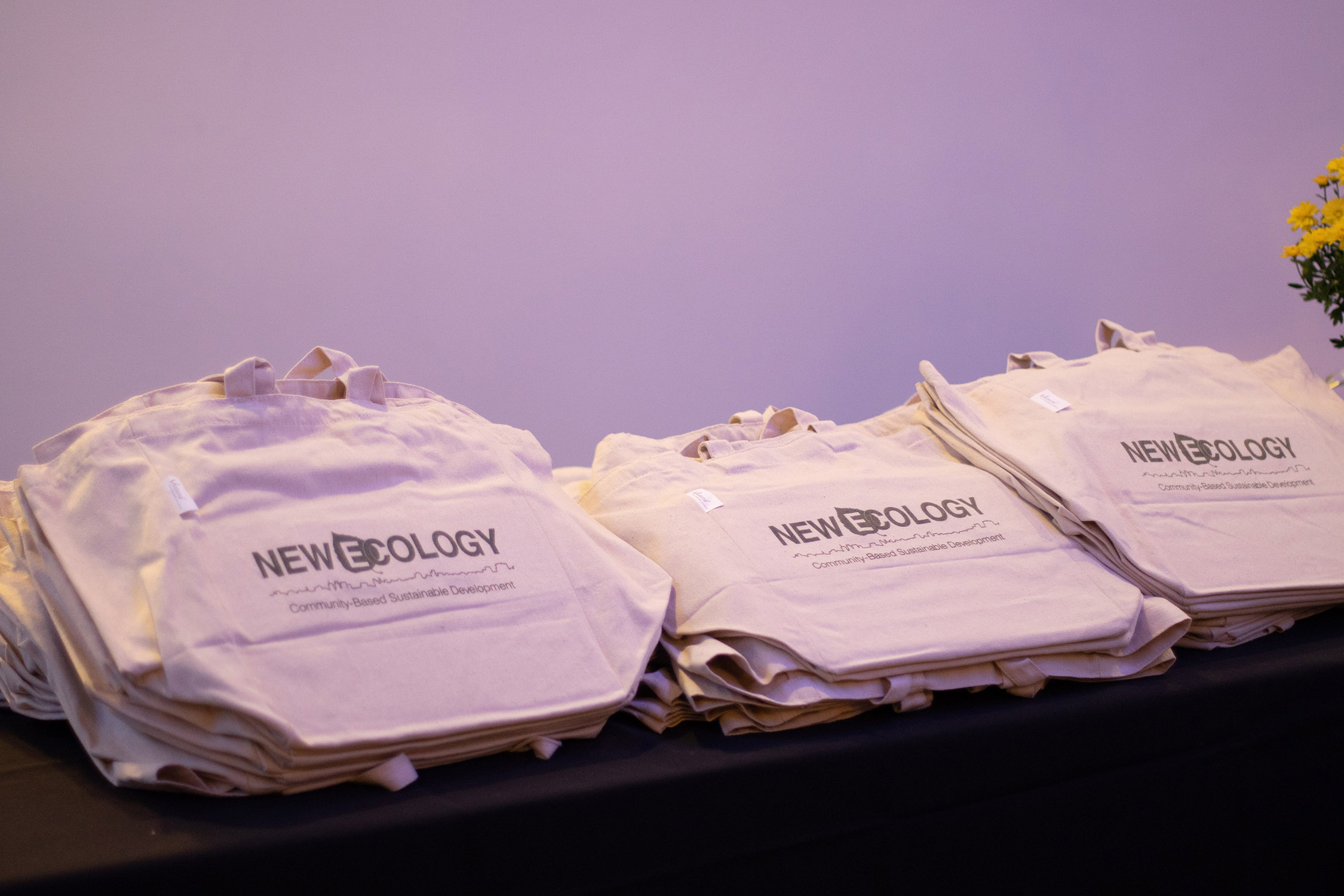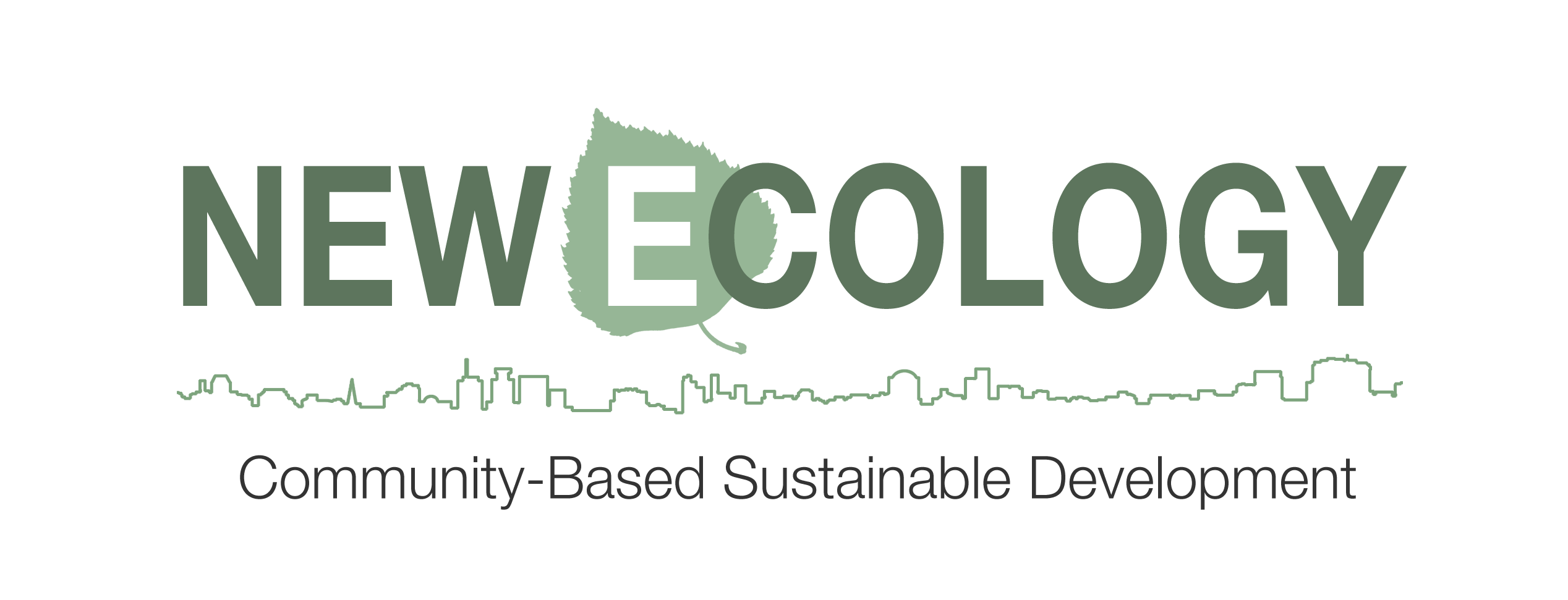
OUR PUBLICATIONS

Investigating the Impacts of Climate Change on an Affordable Multifamily Building in Boston, Massachusetts
Abstract: Published in August 2024 from the ACEEE Summer Study. Building energy codes are driving improved energy performance in new multifamily construction in Boston, Massachusetts, where Passive House certification is an approved compliance pathway. The energy modeling norm is to use Typical Meteorological Year weather files that are approximately 30 years old. But what happens when the ‘cold-climate’ Boston becomes more like the ‘mixed-humid’ climate of Memphis, TN, in 60 years? Do we need to rethink how buildings are modeled today? This study explores the impact of climate change on affordable multifamily housing design under three energy codes by modeling future climate scenarios to assess future energy consumption, evaluate building resilience during power outages, and analyze the effect on equity across tenants of different economic brackets.
Making Naturally Occurring Affordable Housing More Efficient Outreach to Upgrade
Abstract: Published in August 2022 from the ACEEE Summer Study. Naturally occurring affordable housing (NOAH), also referred to as the “forgotten stock,” represents 80% of the available affordable housing stock nationally and is a critical part of our nation’s housing that is available to families earning at or below 80% of the area median income. Because of the large number of these homes, addressing NOAH housing is critical to scaling deep retrofits in affordable housing. NOAH housing is non-rent restricted housing and is unsubsidized affordable housing, putting it highly at risk of remaining affordable in many markets.
The Anne M. Lynch Homes at Old Colony
Abstract: Published in July 2017. This is a Showcase project detailed as a part of Beacon Communities‘ participation in the U.S. Department of Energy’s Better Buildings Challenge.
[Read on Better Buildings Challenge Website]
Utility Customer Systems for Landlords
Abstract: Published in July 2017. Commissioned by the NRDC, this document is intended to help utilities assess the attributes and functionality needed for a Landlord Portal as part of their customer-facing website. A Landlord Portal is an online interface — a series of webpages — that provides tools, information, and services needed by utility customers who own and operate multi-tenant buildings, such as offices and apartment buildings.
[Read more in PDF]
Multifamily Housing Resiliency Audits
Abstract: Published in August 2016. Climate change resiliency strategies have the potential to work in tandem with energy efficiency and other climate change mitigation efforts. Increased building resiliency provides tangible and intangible benefits such as safety, comfort, cost savings, and durability. In the wake of severe weather events that disproportionately affected low-income communities and multifamily housing, New Ecology, Inc. has developed a multifamily resiliency audit protocol to complement our energy and water audit protocol. The purpose of the audit is to provide concrete, actionable recommendations that enable building owners to make improvements to resist damage from severe weather and to recover more quickly with less cost and harm should damage occur.
[Read more in PDF]
The Costs & Benefits of Green Affordable Housing
Abstract: Published in 2005. “The Costs & Benefits of Green Affordable Housing” is a systematic study that evaluates the costs and benefits of greening in the affordable housing sector. We surveyed green affordable housing projects around the country and conducted detailed case study analyses of the costs and benefits of 16 projects for which adequate data was available. Green building continues to evolve as a robust movement to create high-performance, energy-efficient structures that improve occupant comfort and well-being while minimizing environmental impacts.
[Read more in PDF]

